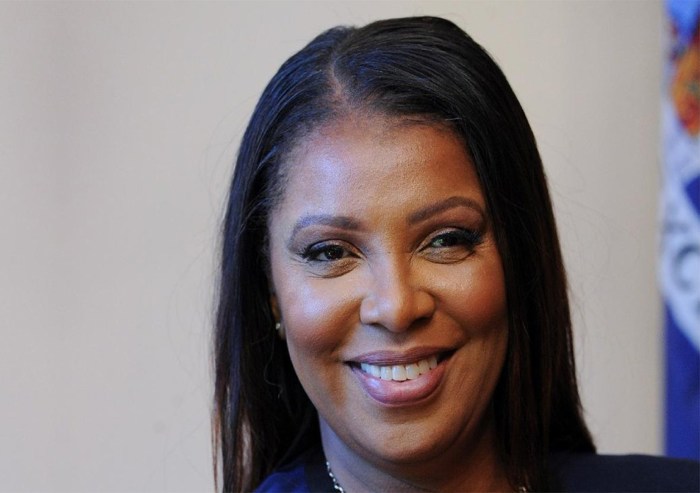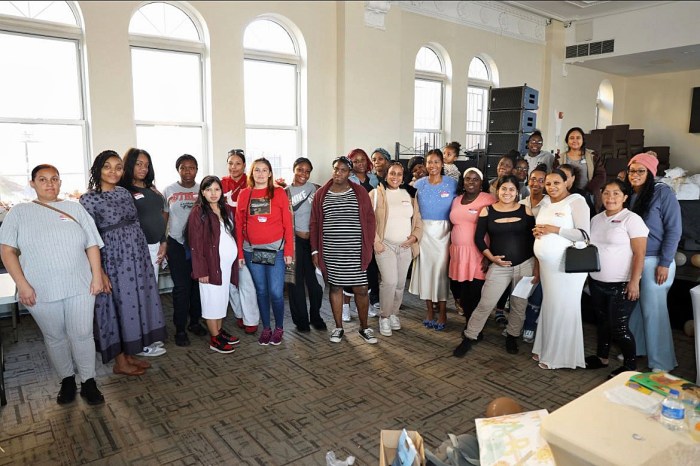With this year marking the fifth anniversary of the Black Maternal Health Week Campaign, Haitian American Assemblymember Rodneyse Bichotte-Hermelyn is commemorating Black Maternal Health Week that runs from April 11-17.
“When you’re pregnant, it’s the start of new beginnings, a celebratory time,” said Bichotte-Hermelyn who chairs of the Brooklyn Democratic Party. “But the health care system is failing Black families, leaving women to wonder if they will leave the hospital alive.
“Pregnancy-related deaths in the United States are skyrocketing, and Black women are more at risk than women of any other race,” added the representative for the 42nd Assembly District in Brooklyn. “Infant mortality is also nearly twice as high for Black women.
“I know this loss firsthand, and the pain of losing a child is unimaginable,” she added. “During this week of awareness, we must take action to stop structural racism from claiming additional lives.”
Bichotte-Hermelyn noted that, in 2018, Congresswoman Alma Adams introduced the first Congressional resolution recognizing Black Maternal Health Week with then-Sen. Kamala Harris, now US vice president.
On April 13, 2021 President Joe Biden signed a proclamation which established Black Maternal Health Week to highlight the racial disparities in maternal mortality rates in the United States.
Bichotte-Hermelyn said that Black Maternal Health Week, which was founded and led by the Black Mamas Matter Alliance, is “an initiative that aims to deepen the conversation around Black maternal health in the US.”
“Black women are three to four times more likely to die from pregnancy related causes than their white counterparts and infant mortality is nearly two times as high in Black communities,” she said, stating that the most recent preterm birth statistics show that the rate of preterm birth among Black women is about 50 percent higher than the rate of preterm birth among white women.
“In our district, the Morris Heights Health Center will now combat these disparities and offer the patient-centered care we have been longing for, closer to home,” Bichotte-Hermelyn added. “Through enriching dialogue surrounding Black maternal health, we can raise awareness of the problem and continue to develop solutions, policies for the betterment of Black women.”



























